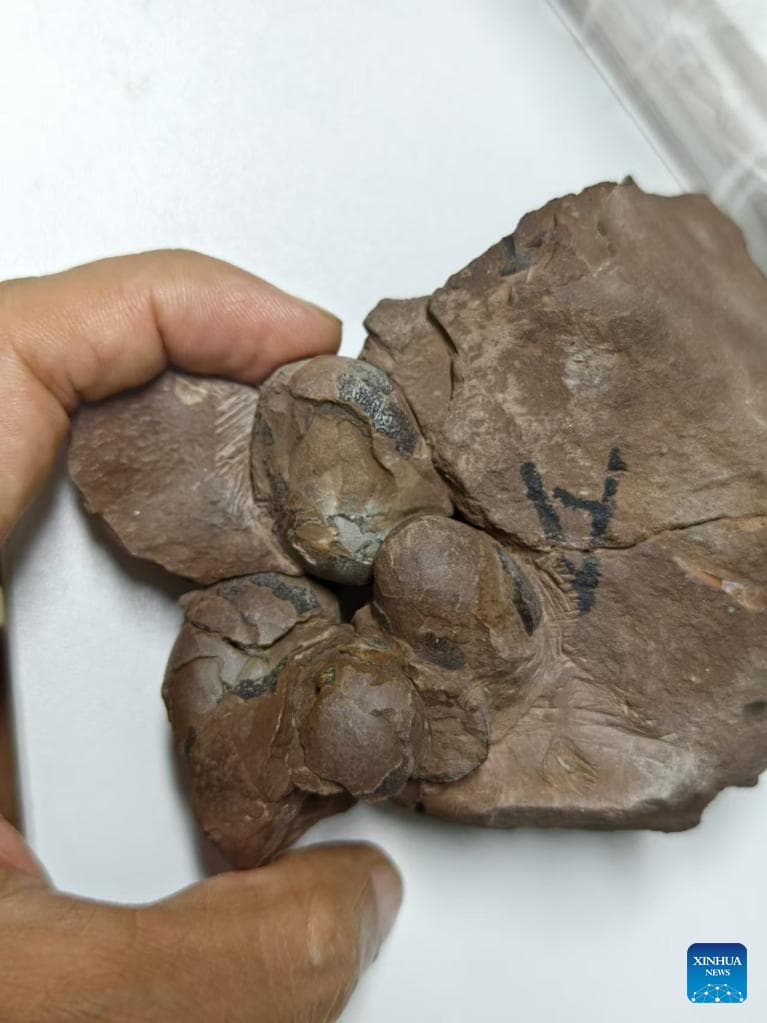Get paid for Peer Reviews
An innovative journal is compensating peer reviewers with a specially developed cryptocurrency, equivalent to US $150 per review. This journal is part of ResearchHub, a platform designed to enhance the openness and efficiency of scientific research. Reviewers are rewarded with a token called ResearchCoin for their engagement with the content.
ResearchHub, launched in 2020, is supported by billionaire entrepreneur Brian Armstrong, the founder of Coinbase, the largest cryptocurrency exchange in the United States. Armstrong believes that peer reviewers should be compensated for their valuable contributions. “It’s a strange oddity of history that peer reviewers don’t get paid. It’s a valuable thing that they do and we should recognize and reward it,” Armstrong stated at the launch of the ResearchHub Journal in San Francisco, California. This initiative coincides with Bitcoin reaching an all-time high value of US $100,000, reigniting interest in the volatile cryptocurrency sector.
Experts acknowledge that ResearchHub addresses some issues in scientific publishing but may face challenges in gaining acceptance due to its unconventional approach.
Open-Source Science
Armstrong first proposed the idea for ResearchHub in a 2019 blog post, expressing dissatisfaction with the speed and quality of scientific research. He suggested that science should operate similarly to open-source software, where users collaborate and build on each other’s work. ResearchHub incorporates elements from successful online platforms like Reddit, GitHub, and Kickstarter, aiming to provide an alternative to traditional journals.
The ResearchHub Journal promises to peer review preprints within 14 days and make a publication decision within seven days thereafter. Authors pay a $1,000 article-processing charge (APC), and both papers and peer reviews are published under a liberal CC-BY license. The journal has yet to publish any papers and is not indexed on bibliometric databases like Web of Science or Scopus.
Authors can also earn ResearchCoin for adopting good research practices, such as preregistering studies and openly sharing data. Users can earn ResearchCoin for uploading preprints and papers, commenting on or voting for these uploads, and tipping each other for good work. ResearchHub takes a 7% cut of any ResearchCoin transactions, with 2% reinvested into the community.
Cash or Credit
The concept of paying researchers for peer review is not new. Some economics and medical journals have implemented similar systems. PeerJ, an open-access mega-journal launched in 2012, uses a token system to reward reviewers, which can be redeemed against APCs.
Some researchers find reviewing for ResearchHub financially rewarding. Pedro Paulo Gattai Gomes, an independent molecular-biology consultant in São Paulo, Brazil, earns more from reviewing for ResearchHub than he did in his academic roles. He reviews about 15 papers a month, constituting 70% of his income. “Getting paid to review is justice, because in my opinion it is very unfair to work voluntarily and not even receive a thank you,” he says.
Cashing in ResearchCoin for conventional money is possible but complex. The decentralized cryptocurrency exchange Uniswap allows ResearchCoin to be traded for other cryptocurrencies, which can then be converted into some conventional currencies. ResearchCoin is currently trading at around $1. ResearchHub co-founder Patrick Joyce mentioned that his team is negotiating to list ResearchCoin on a more accessible centralized exchange.
James Butcher, a publishing consultant in Liverpool, UK, notes that the use of cryptocurrency could hinder the site’s adoption due to past exploitation by scammers. “Academics are a conservative group of people,” he says.






